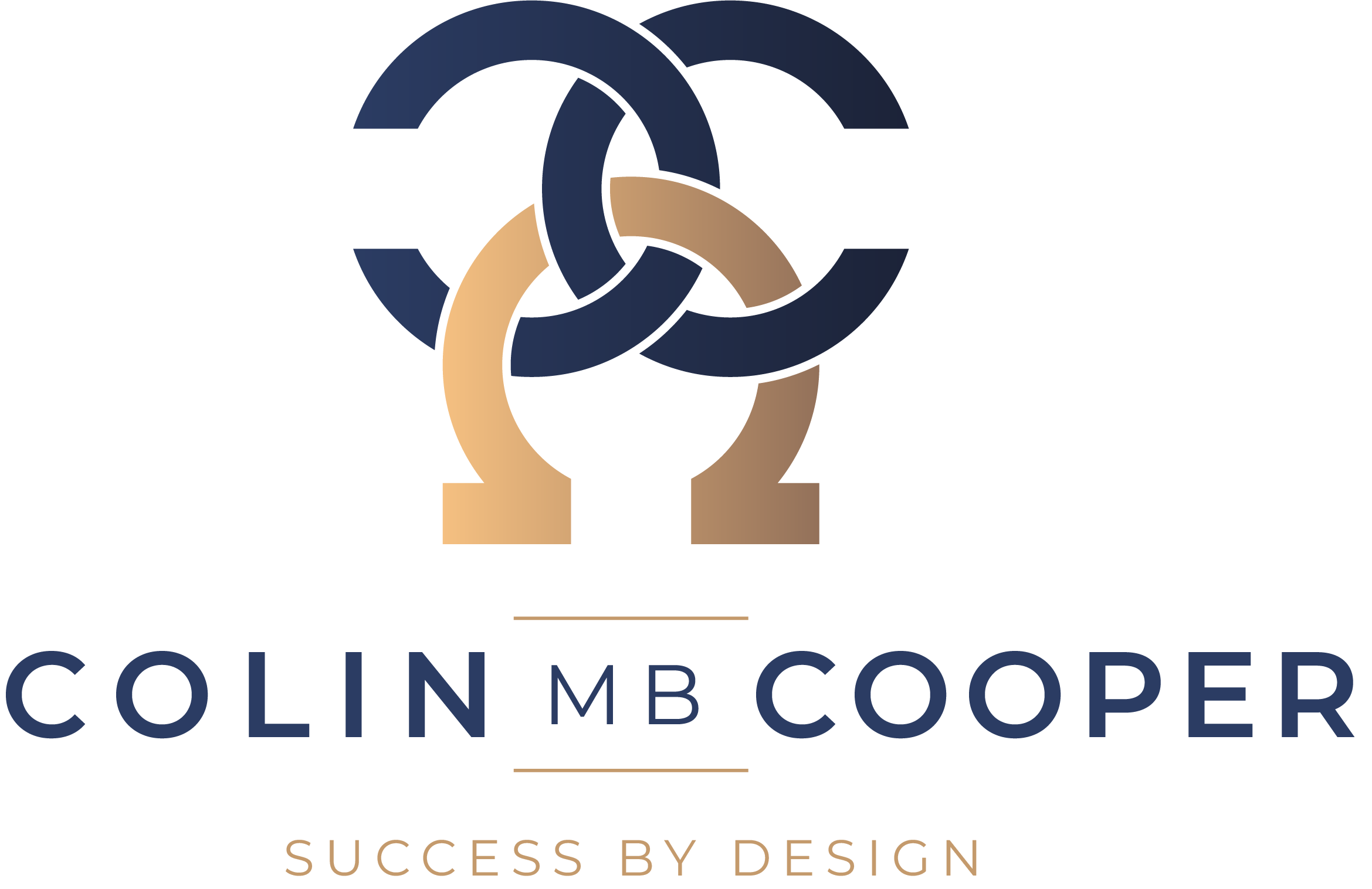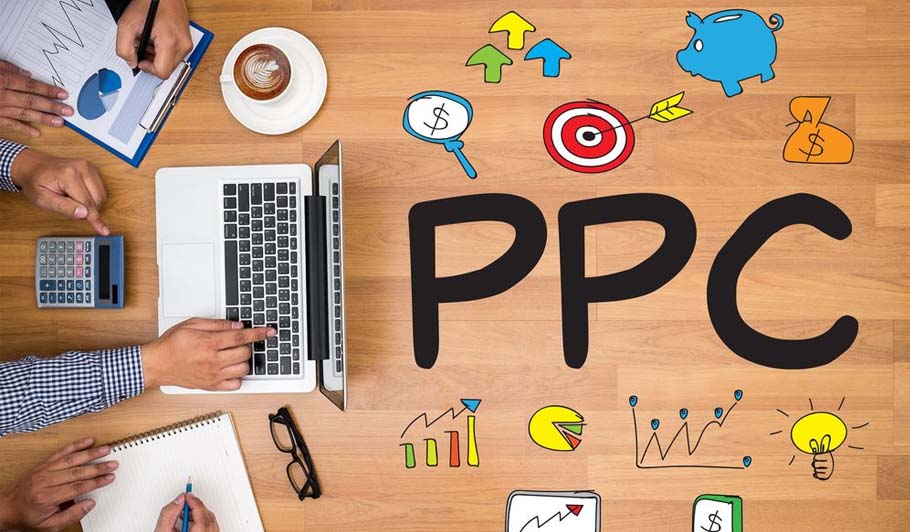Have you been looking for a way to quickly increase brand awareness, traffic and profits for your website?
Pay-per-click (PPC) search engines can give you instant traffic and allow you to test new business models in real-time. PPC advertising has so many benefits for your business. It gives any business owner who knows how to use it properly to have the ability to get their business, products, and services in front of hundreds of potential customers every single day.
When it comes to using PPC advertising as a marketing strategy it can be an extremely effective tool. In fact, it has the potential to bring in a steady flow of traffic and new leads for your business at a very affordable cost…much less than more traditional forms of advertising.
However, the pay-per-click market is competitive. It is worth spending an extended period of time learning how to write and target ads, tracking your competitors, and doing deep keyword research before jumping in. However, the simple fact is, most people don’t fully understand its benefits or how to take full advantage of everything that PPC advertising has to offer their business!
This “PPC Advertising For Beginners” article is specifically designed to show even absolute beginners how PPC advertising can be used to increase awareness, attract more leads and increase profits for any business.
Even if you have never thought about using PPC advertising as a part of your marketing plan before, at the end of the article you will quickly understand why and how you can use it to your advantage and increase your profits!
A Brief Overview of PPC Advertising

First, let’s start with a brief overview of PPC advertising so that you can become familiar with how it works.
The internet has fast become a significant medium for product and service advertising. But with millions of websites out there being visited by millions of web browsers, how can you make sure that your target consumers actually see your ad?
The ultimate goal of any online advertising campaign is to get your advertisement on the websites frequented by your target consumers. Before doing this, you need to define who your target customers will be. You can then create a plan for getting your ad on sites that they like to visit. This will increase the possibility that your ad will get attention and will be clicked on by your target customers.
By definition, PPC is an internet advertising model used to direct traffic to websites, in which advertisers pay the publisher (typically a website owner) when the ad is clicked. It is defined simply as “the amount spent to get an advertisement clicked.”

While PPC advertising might seem complicated at first, it’s actually a very affordable way to get targeted traffic to your website and targeted traffic is really the only kind of traffic you want. Simply put, you set up a campaign and then you pay each time someone clicks through your ad to your website.
There are many PPC search engines available including Google Adwords, Yahoo Search, and Bing Ads, which are three of the most popular places to start. Each one of these programs operates on the same basic premise. They display your ads on relevant websites and you pay them every time someone clicks on your ad. While they are all similar, they each have their own guidelines to follow.
It is a good idea to familiarise yourself with the rules and regulations before you begin your advertising campaign. They all provide extensive help files and tutorials that you can use to help further your education. You can check them out by visiting the links below.

Google Adwords:
https://www.google.com/adwords
Yahoo Search:
Bing Ads:
http://advertise.bingads.microsoft.com/en-us/sign-up
To understand how pay per click works, let’s imagine that you have a website about collectible coins. You’ve written a great guide all about collectible coins and you sell it from your website. Maybe you also sell some rare pieces.
You want targeted traffic to come to your website. In this case, it would be people who have searched for collectible coins online. They are already interested in the topic of your website. That’s makes them targeted traffic.
The best keyword to use for your pay per click campaign would be collectible coins. But there’s a pretty good chance that other people might want that same keyword. So you would have to bid on it, and the highest bidder gets to use it.
If your website was specially designed for people who want to learn to make money with collectible coins, your phrase could be more specifically aimed just at them. This keyword might bring you better-targeted traffic and have less competition.
Once you have your keywords and you decide how much you want to spend per day on your PPC campaign, then the company will display an ad that links to your website. If you won the keyword collectible coins, then when someone searches on that phrase your ad will be displayed on the search page.
Also, if there are websites dealing with collectibles, coins, and other related keywords that have joined the network, your ad may display on those sites so that their visitors might click through.
Your ad will be displayed until the purchased number of clicks have occurred, then it won’t display again until the next day. If you’re getting 100 clicks for $5, and you’ve set your budget for $5 per day, then even if you get 100 clicks in 20 minutes the ad won’t display again until the next day.
Because you can plan your campaign like this, based on a budget per day, PPC is an excellent way to market your business, products or services. It’s best to start out slow with a small budget. Let it run for a few days. If at the end of that time you’re not making sales out of all those clicks, then you know you need to adjust your ad copy.
It might be that your ad copy needs to be changed, or your landing page needs tweaking or it could just be that the keyword you chose isn’t hitting the right market. All of these things can be adjusted through careful testing, tracking and campaign management, which we will be talking more about soon.
Now that you have a brief understanding of how PPC works let’s show you how to use PPC for your own business.
Organic Traffic Vs Pay Per Click

The primary difference that exists between PPC traffic and ordinary organic traffic is the cost. When it comes to generating traffic through PPC advertising, as the advertiser you have to make a small payment each time a user clicks on one of your ads. On the other hand, all of the leads and the clicks that are generated by organic traffic are completely free.
PPC advertising can generate a lot of traffic very quickly. It can also add up fast and can become very expensive if not managed correctly. When it comes to generating traffic from your PPC campaign there are three things that you should keep in mind:
1. PPC is an excellent method for marketing that can create a large amount of buzz around a particular product or service very quickly
2. It tends to be relatively inexpensive, especially in comparison to other methods of traditional advertising and marketing
3. You can run short term or long term campaigns depending on what your needs are.
There are several different key elements that must be considered when it comes to the initial setup of your campaign, and these are:
• Ad creativity – because it is vital that your ad be well written, focused and creative.
• Landing page – because having a landing page that is well thought out before you set your pay per click traffic campaign up is absolutely essential. Your landing page should have content that relates to your advertisement online. A good landing page can mean all the difference when it comes to generating a high number of conversions.
• Call to action – as a call to action is a prominent and necessary element of your page that should be located “above the fold” rather than requiring any visitor to your website scroll down before a call to action is offered.
• Testing – because you should always test your website, new ads, your landing page’s capabilities, call to action locations and how these different elements affect your conversion rates when it comes to generating pay per click traffic.
The difference between a successful PPC campaign and one that is unsuccessful often has to do with whether or not you are testing new options. Such as ads and calls to action because these details really do make all the difference when it comes to creating an ad campaign for PPC that is going to generate results.
Part two to come soon.



